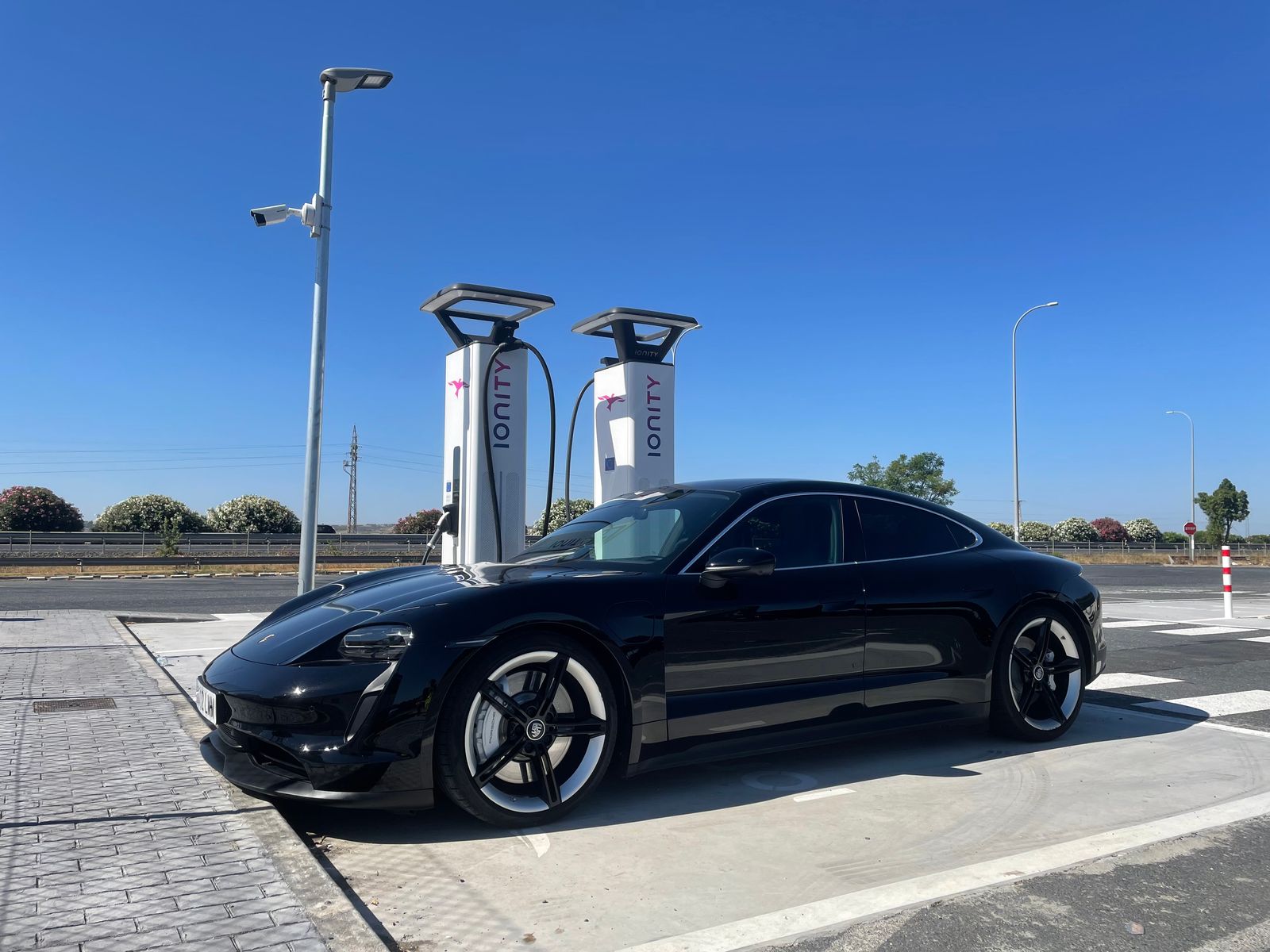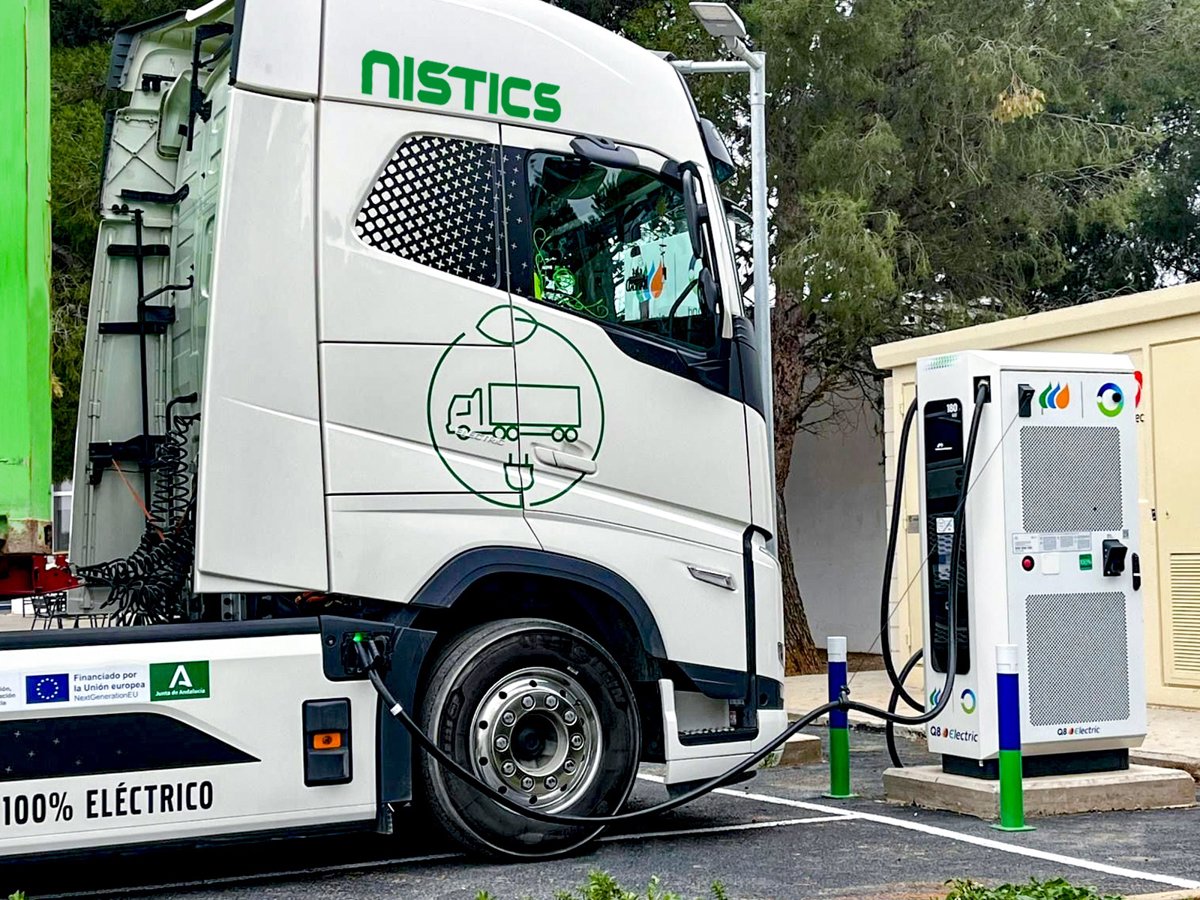Nissan is one of the biggest employers in the United Kingdom (UK), and operates the largest vehicle plant on the island in Sunderland.
The Japanese car manufacturer has warned that overly strict requirements for electric vehicle (EV) production pose a risk to the company’s production in Sunderland.
In response, UK Business Secretary Jonathan Reynolds has told The Times that “a substantial change of policy” had been agreed.
“We will do everything we can to make sure Nissan has that secure long-term future, making sure the business and regulatory environment reflects that,” he added.
The entire government “is absolutely of the view that you will not get to the progress around net zero and the energy transition that we want to see by closing down British jobs and British industry.”
The Times sees these statements as a strong indication that the Labour government will relax the zero emission vehicle (ZEV) mandate.
Under the current rules, OEMs are required to achieve 28% sales of electric cars this year.
Those who fail to do so face heavy fines.
Reynolds’ statements follow a consultation phase in the UK that lasted several weeks, which focussed on the UK’s planned phase-out of combustion engines by 2030 and the ZEV mandate.
In this way, the Labour government wanted to involve the British automotive industry in particular in the question of how the phasing out of new petrol and diesel vehicles by 2030 can be achieved.
The Department for Transport officially announced in advance that the consultation “will give much-needed clarity to industry” and “give confidence to consumers considering making the switch and will invigorate the charging infrastructure sector that is already putting billions of pounds of investment into our networks.”
Given the UK’s recent unpredictable course, confidence is particularly important.
In 2020, it was the government under Boris Johnson that decided on the goal of no longer allowing new vehicles with combustion engines from as early as 2030.
In September 2023, former British Prime Minister Rishi Sunak (Tories) then postponed the planned date for the phase-out from 2030 to 2035, citing the high costs for families and small businesses as the reason.
Just a few days later, however, the government announced that it intended to stick to the previously established ZEV mandate, which stipulates stricter annual sales quotas.
The new U-turn then came under Labour in 2024.
Unsurprisingly, as the Labour Party had already announced during the election campaign that it would restore the original deadline of 2030 if it won.
However, there is now room for negotiation again, particularly concerning the ZEV mandate, as leaked in November.
For 2024, the mandate stipulated that at least 22% of cars sold in 2024 had to be locally emission-free.
As mentioned, the figure for this year has climbed to 28%, and the quota will continue to rise every year until the specified phase-out date.
Manufacturers who do not meet the target must currently either pay a fine or buy ‘ZEV allowances’ from car manufacturers who exceed their target.
However, further “flexibilities” could be permitted here.
For example, the quotas could no longer be met in the current year, but over several years, allowing car manufacturers to compensate for weaker sales years with stronger years.
It is also conceivable that hybrids could be taken into account.
As is well known, the European Union (EU) is currently at a similar point.
In its action plan for the automotive industry last week, the Commission proposed to reduce this year’s CO2 target for car manufacturers.
Specifically, OEMs will be given more time: they will now be allowed to achieve their CO2 targets over the next three years – provided the Parliament and the member states agree.
The background to this is to ensure that the already heavily burdened car industry does not come under even more pressure as a result of the legislation.
In the UK, too, demand for electric cars is currently not as strong as expected – and has been factored in by the industry.
Ford is one of the OEMs warning against overly strict regulations.
In November, the automaker explained that producing and selling more electric cars without the necessary demand “just doesn’t work.”
Stellantis also threatened to take action if the regulations in the UK are enforced unchanged.
The British government is therefore facing a balancing act: “For us it’s about being ambitious as to the destination [towards zero emissions] but making sure we’re working with business … to deliver on that ambitious end point,” Business Secretary Reynolds told The Times.
Like those responsible for the EU, he speaks of “a level of pragmatism on that which is essential.”
Read more:
-
Ionity solicita más de 6 millones al Moves III para ampliar su red eMobility en España
La compañía proyecta instalar más de 20 estaciones de recarga ultrarrápida en regiones con baja penetración del vehículo eléctrico.
-
Iberdrola | bp pulse y Nistics se quedan con el hito de la mayor estación de recarga de eTrucks
El nuevo hub, ubicado en Alcalá de Guadaíra (Sevilla), contará con cargadores de hasta 400 kW y funcionará las 24 horas. Estará operativo entre finales de 2026 y comienzos de 2027.
-
CCOO cuestiona decreto que busca ampliar tiempos de conducción en camiones eléctricos
Aunque el texto normativo aún no se ha publicado, el ministerio ha adelantado que la propuesta busca favorecer el uso de vehículos cero emisiones dentro de los márgenes que permite la legislación comunitaria. Sin embargo, la central sindical considera que esta flexibilización supone un riesgo para la seguridad en carretera.










